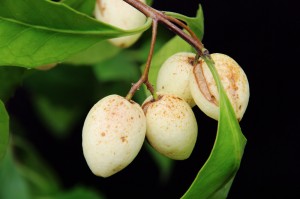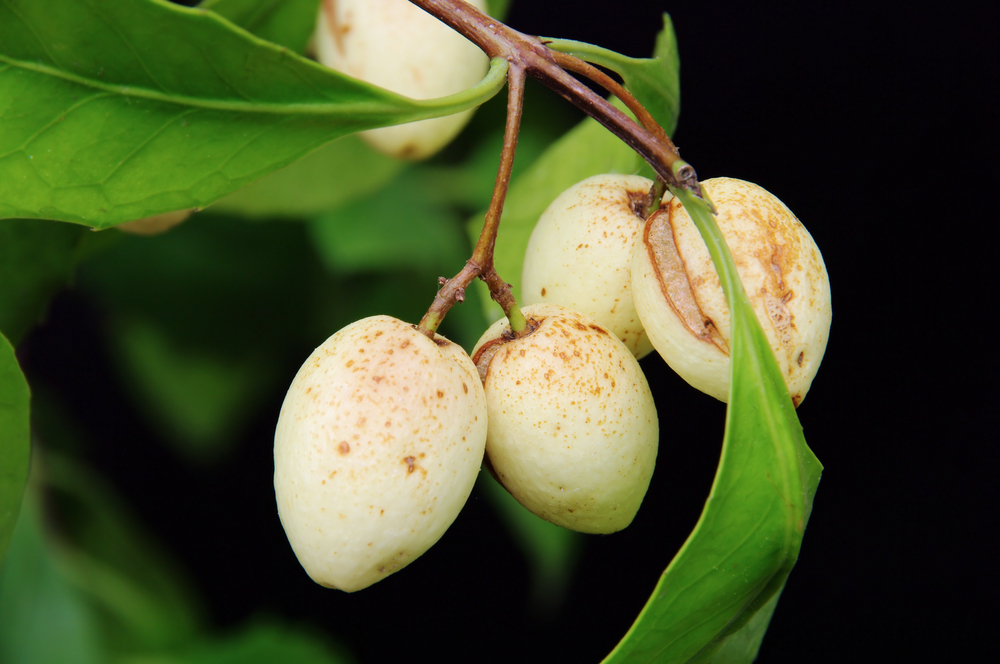 In a study published in Clinical And Translational Oncology, titled “A new family of choline kinase inhibitors with antiproliferative and antitumor activity derived from natural products”, a research team from La Laguna University, Spain, identified a new family of natural and semisynthetic compounds that exhibit strong in vivo antitumoral activity against colon cancer cell lines.
In a study published in Clinical And Translational Oncology, titled “A new family of choline kinase inhibitors with antiproliferative and antitumor activity derived from natural products”, a research team from La Laguna University, Spain, identified a new family of natural and semisynthetic compounds that exhibit strong in vivo antitumoral activity against colon cancer cell lines.
Furthermore, this family of natural compounds provided an effective inhibitory activity against choline kinase alpha (ChoKα), a critical enzyme in the synthesis of phosphatidylcholine, one of the main structural components of eukaryotic cell membranes.
This kinase is known to be overexpressed in several different tumors, including lung, breast, ovary, colon, bladder and prostate. Other researchers have identified it as a possible target in personalized medicine, especially for cancer therapy.
ChoK’s mechanism of action is based on the production of ceramides, specifically in tumor cells, and genetic analysis has shown it has an impact in cell cycle regulation and interference with apoptose signaling.
Researchers used triterpene quinone methides (TPQ), a group of bioactive compounds that are derived from plants of the Celastraceae family, along with some of their semisynthetic derivatives, and analyzed their effect in a recombinant form of human ChoKα.
If the compounds exerted a strong enzymatic activity (inhibitors), they were selectively tested in in vitro assays of proliferation using a cell line of colorectal adenocarcinoma cells.
Furthermore, one of the active compounds was selected for in vivo testing in a mouse model of colorectal cancer.
The research team observed that within the total of 59 natural and semisynthetic TPQs tested, 14 of them were extremely efficient inhibitors of the ChoKα enzyme, and 9 of them were efficient inhibitors of tumor cell proliferation.
Importantly, based on its in vivo activity against colorectal cancer cell lines, one of the compounds was recognized as a new antitumoral drug.
“The identification of a new family of natural and semisynthetic compounds with potent inhibitory activity against ChoKα and both in vitro antiproliferative and in vivo antitumoral activity supports further research on these inhibitors as potential anticancer agents”, the authors write in their study.


